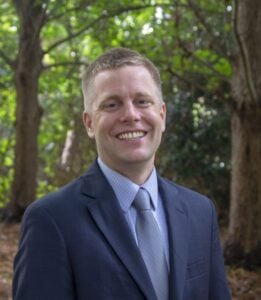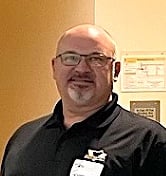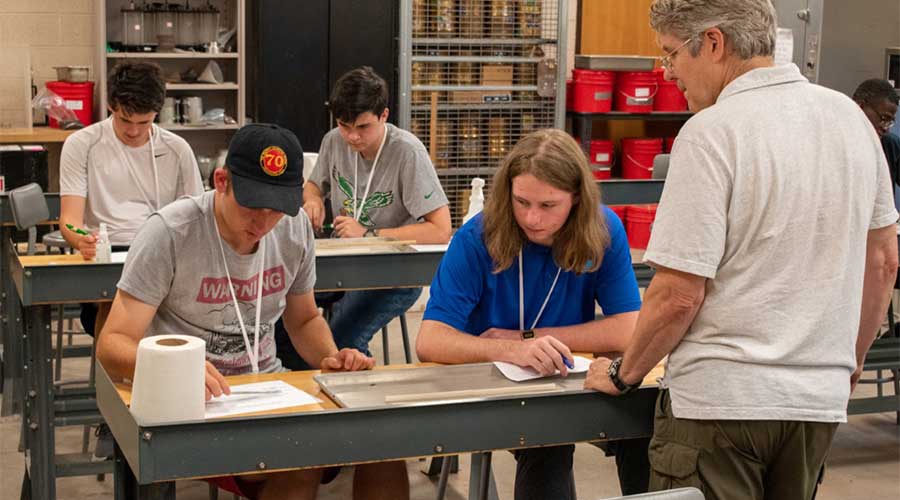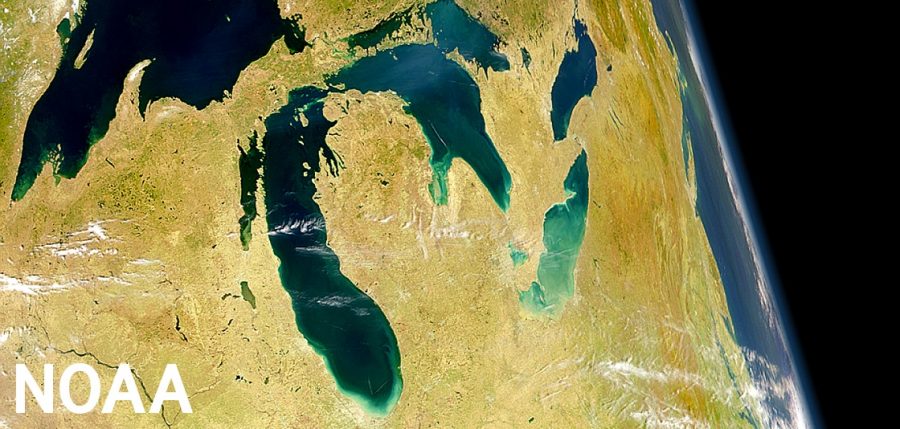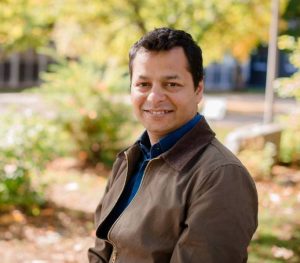The Department of Biological Sciences recently acquired a new liquid scintillation counter through a collaboration with the Vice President for Research Office; College of Sciences and Arts; Department of Civil, Environmental, and Geospatial Engineering; Ecosystem Science Center; and Great Lakes Research Center.
This counter replaces an older, obsolete unit and is an essential piece of equipment for researchers working with or planning to work with radioisotopes. Researchers interested in using the new counter, or simply learning more about the about it, should contact David Dixon, director of biological laboratory operations, at dcdixon@mtu.edu.
By the Associate Vice President for Research Development.
